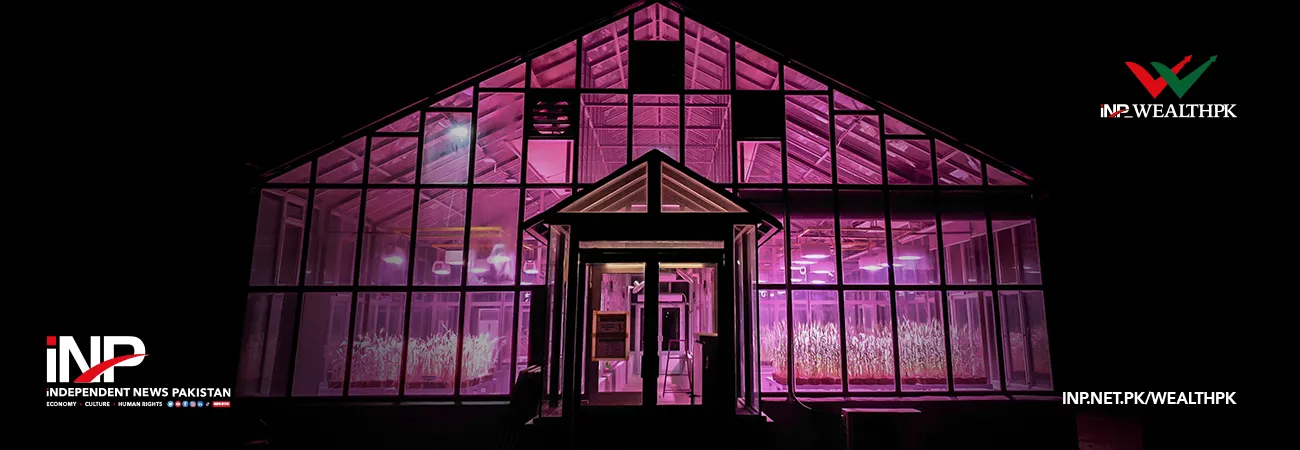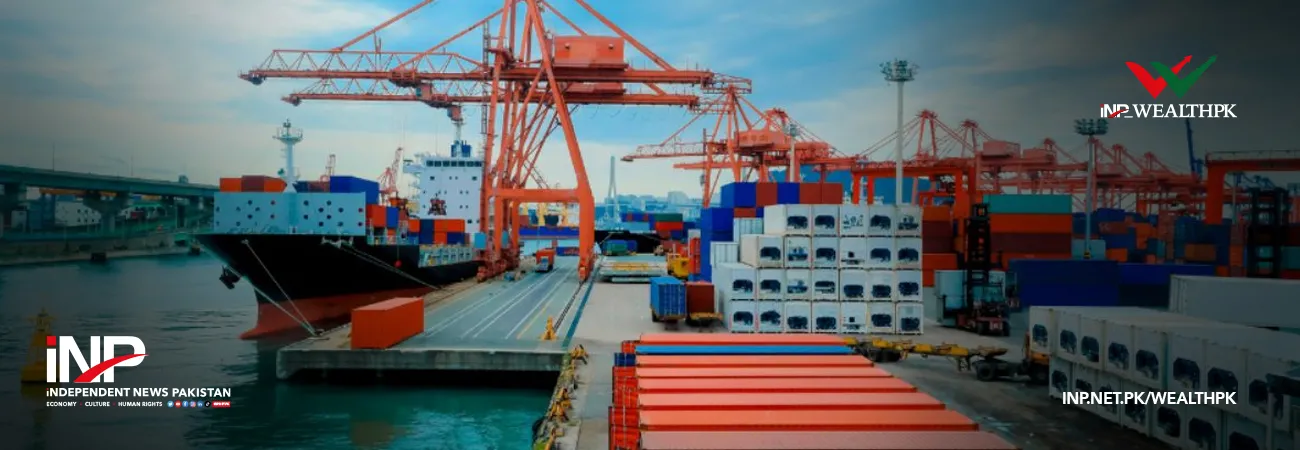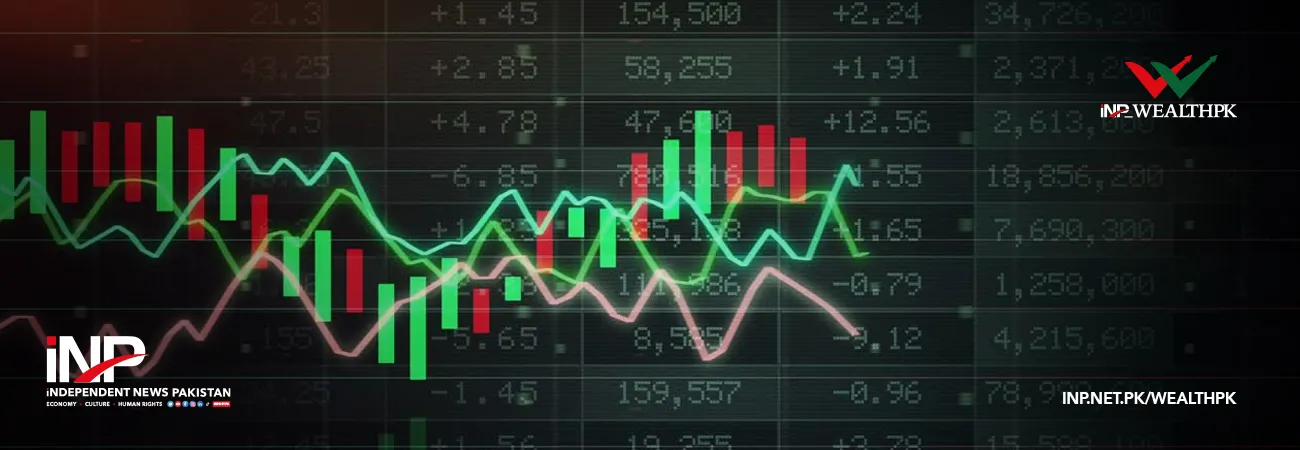INP-WealthPk
Muhammad Asad Tahir Bhawana
Pakistan has one of the largest informal sectors in the world significantly impacting its economic growth, reports WealthPK. A World Bank report valued the informal economy at $457 billion in 2022, accounting for 35.6% of the country’s GDP-PPP level. However, as per the Ministry of Finance, more than 40% of Pakistan’s GDP comes from the informal sector.
Nearly 75 percent of Pakistan's working-age population is employed in the informal sector, according to the official Labour Force Survey of 2020/21. The majority of people live on farms, which is typical of economies relying on agriculture. There is a slight bias towards the informal work in the rural areas, but it accounts for almost 69% of employment in urban areas.
According to a report by the International Labour Organization (ILO), the informal economy accounts for around 72% of non-agricultural employment and 32% of GDP. There have been many factors contributing to the growth of this sector over the years. Essentially, formally registered businesses and government agencies cannot absorb the rapidly growing workforce as a direct result of the "youth bulge".
Pakistan is a developing nation with a population of over 220 million people. The birth rate is comparatively high. The average number of children per woman in 2017/18 was 3.6, and almost two-thirds of the 220 million people were between 15 and 33 years of age. (The current birth rate of Pakistan is 26.042 births per 1000 people, a 1.87% decline from 2022).
Informal businesses are lucrative because workers can enter and exit easily. Around 40 percent of the population lives below the poverty line, and 75 percent of these people are women. While hoping for a more rewarding formal-sector job, people often work in informal occupations to earn money.
Since Pakistan is currently facing a serious economic downturn and high inflation, many people are increasingly willing to accept difficult working conditions. According to the State Bank of Pakistan, inflation in March 2023 was 35.4% -- the highest level in 50 years. The rising inflation is affecting ordinary citizens' purchasing power, particularly those with low incomes.
Contrary to its disadvantages such as revenue loss, tax burden on the formal sector, money laundering, and the burden of indirect taxes, the informal sector is proving itself as an important sector because of its huge contribution to the economy. As a way to harness the advantages of the informal economy while mitigating its downsides, the government should increase the tax revenue by bringing more taxpayers into the tax base, improving regulations, investing in skills training, and facilitating access to finance.
Credit: Independent News Pakistan-WealthPk













